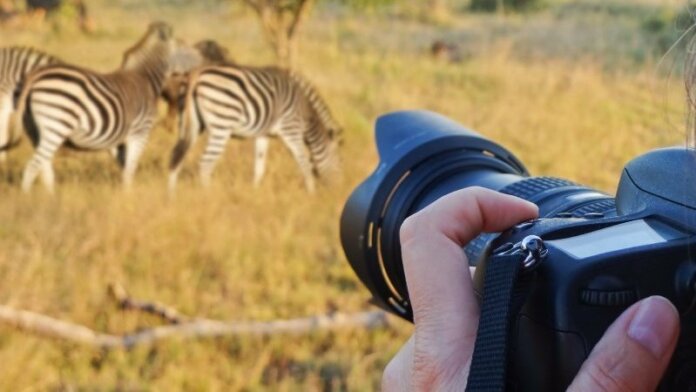A safari adventure demands a camera that captures wildlife and landscapes with ease. Beginners need a camera that is user-friendly yet powerful enough to deliver great results. This guide helps you choose the perfect camera for your first safari.
Related: Best Cameras for Beginners in Photography
What Should You Look for in a Camera for Safari?
It is essential to consider specific features when selecting a safari camera. A good camera ensures you capture memorable moments effortlessly.
- Zoom Range: Helps you photograph animals from a safe distance.
- Autofocus System: Tracks moving wildlife accurately.
- Image Stabilization: Reduces blur caused by hand movement.
- Durability: Handles outdoor conditions with ease.
- Portability: Lightweight cameras are easier to carry during long game drives.
Related: Best Camera for Scenery Photos
Which Cameras Are Best for Safari Beginners?
1. Nikon D5600
The Nikon D5600 is an excellent entry-level DSLR for safari enthusiasts. Its 24.2-megapixel sensor ensures sharp and detailed images. The camera’s intuitive interface makes it ideal for beginners.
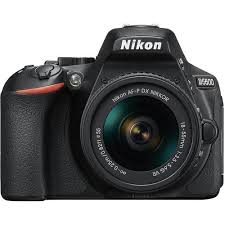
This camera features a reliable autofocus system and a decent zoom range when paired with a telephoto lens. Its lightweight design ensures easy handling during long safari trips.
Why Choose This Camera?
The Nikon D5600 is perfect for capturing wildlife and landscapes. For instance, its versatile performance lets you photograph a lion resting under a tree or a stunning savanna sunset.
Key Features
- 24.2MP APS-C sensor
- Articulating touchscreen
- 39-point autofocus system
- Wi-Fi and Bluetooth connectivity
Pros
- Beginner-friendly
- High-quality images
- Compact and lightweight
- Affordable
Cons
- Limited burst rate
- No weather sealing
Related: Best Camera for Photojournalism
2. Canon EOS Rebel T7
The Canon EOS Rebel T7 is another great option for safari beginners. Its 24.1-megapixel sensor delivers vibrant and detailed images. The camera’s Scene Intelligent Auto mode simplifies shooting for newcomers.
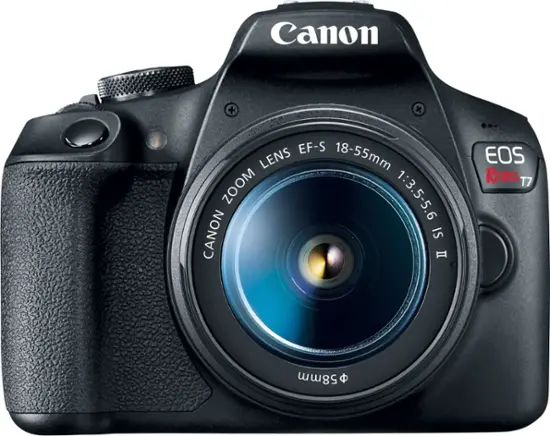
This camera performs well in various lighting conditions and pairs easily with telephoto lenses for wildlife photography. Its budget-friendly price makes it accessible to most beginners.
Why Choose This Camera?
The Canon EOS Rebel T7 excels in ease of use. For example, its auto mode allows you to focus on the experience while the camera handles the settings.
Key Features
- 24.1MP APS-C sensor
- Built-in Wi-Fi
- 9-point autofocus system
- Full HD video recording
Pros
- Easy to use
- Good image quality
- Affordable
- Lightweight
Cons
- Basic autofocus
- Limited features compared to higher-end models
Related: Best Camera for Bird Watchers
3. Sony RX10 IV
The Sony RX10 IV is a bridge camera that combines DSLR-like performance with the convenience of a fixed lens. Its 24-600mm zoom range is perfect for capturing wildlife from afar.
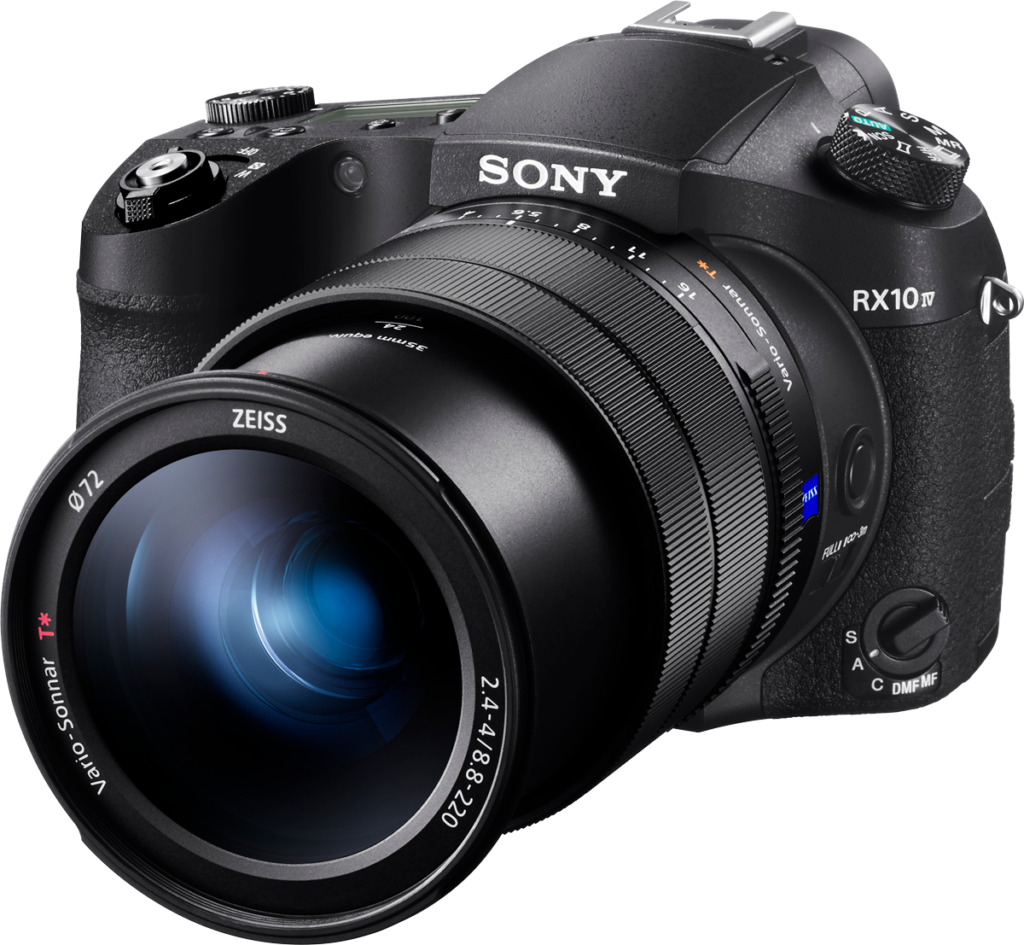
The camera’s fast autofocus system ensures sharp images of moving animals. Its compact design and advanced features make it suitable for beginners looking for high performance without complexity.
Why Choose This Camera?
The Sony RX10 IV offers excellent zoom capabilities. For instance, its wide focal range allows you to photograph a distant elephant herd and a close-up of a bird without changing lenses.
Key Features
- 20.1MP 1-inch sensor
- 24-600mm zoom lens
- 315-point phase-detection AF
- 4K video recording
Pros
- Exceptional zoom range
- Fast autofocus
- High image quality
- Compact design
Cons
- Expensive for beginners
- Heavier than other compact cameras
Related: Best Camera for Family Photography
4. Panasonic Lumix FZ80
The Panasonic Lumix FZ80 is a budget-friendly option for safari beginners. Its 60x optical zoom ensures you can capture wildlife from a distance. The camera’s intuitive controls make it easy to use.
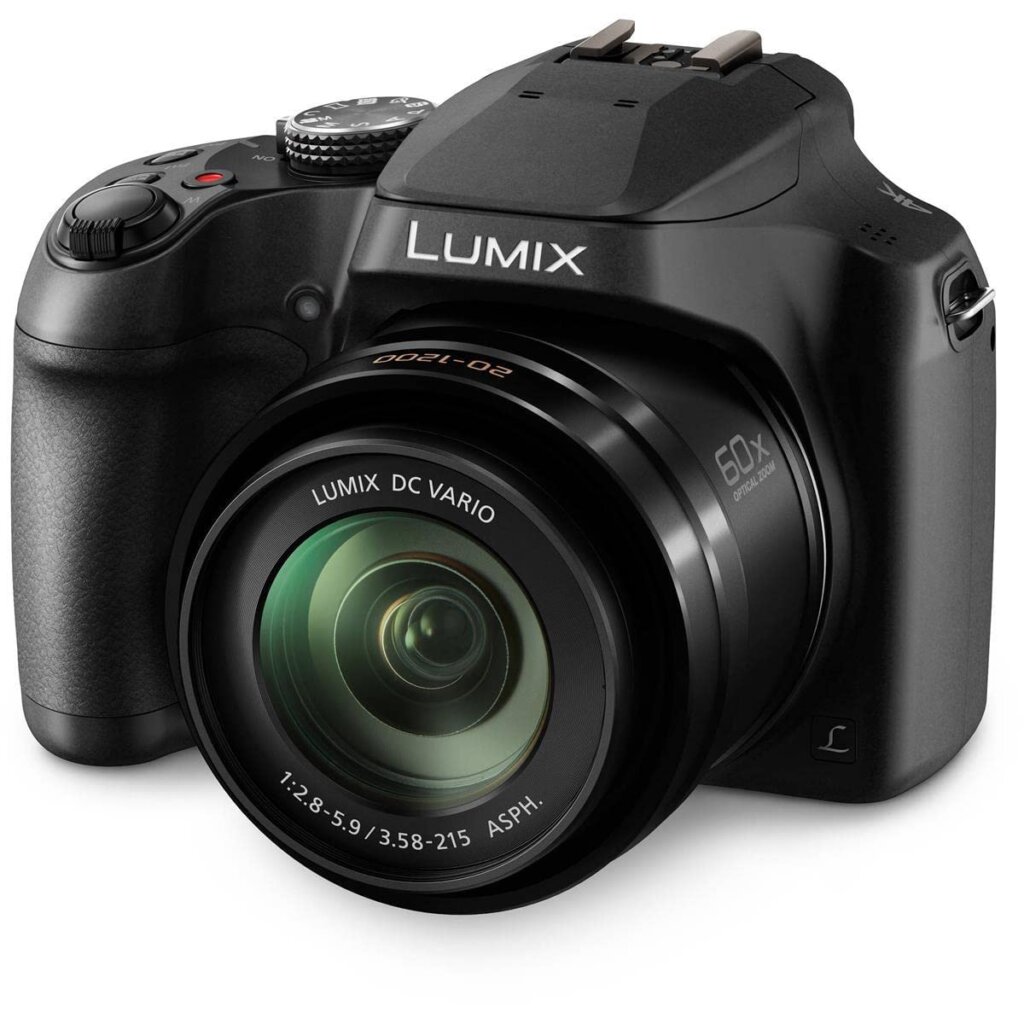
The camera performs well in good lighting conditions, making it suitable for daytime safari adventures. Its compact size adds to its portability.
Why Choose This Camera?
The Panasonic Lumix FZ80 is great for distant wildlife shots. For example, its powerful zoom lets you photograph a leopard lounging in a tree from your vehicle.
Key Features
- 18.1MP sensor
- 60x optical zoom
- Post Focus mode
- Wi-Fi connectivity
Pros
- Affordable
- Powerful zoom
- Lightweight
- Easy to use
Cons
- Average performance in low light
- Limited manual controls
5. Olympus OM-D E-M10 Mark III
The Olympus OM-D E-M10 Mark III is a mirrorless camera that combines portability with quality. Its in-body image stabilization ensures sharp shots even at full zoom.
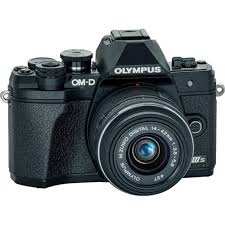
The camera’s compact design and intuitive menu system make it ideal for beginners. It handles well in various lighting conditions, ensuring versatility during your safari.
Why Choose This Camera?
The Olympus OM-D E-M10 Mark III is perfect for handheld photography. For instance, its stabilization helps you capture clear images of animals in motion without needing a tripod.
Key Features
- 16MP Micro Four Thirds sensor
- 5-axis image stabilization
- 8.6 fps burst shooting
- 4K video recording
Pros
- Compact and lightweight
- Excellent stabilization
- Easy to use
- Affordable
Cons
- Smaller sensor
- Limited zoom without additional lenses
What Should You Choose?
It is important to select a camera that matches your safari goals. The Nikon D5600 and Canon EOS Rebel T7 are great for beginners seeking simplicity. The Sony RX10 IV offers advanced features and exceptional zoom.
The Panasonic Lumix FZ80 provides budget-friendly options with powerful zoom. The Olympus OM-D E-M10 Mark III is perfect for portability and stabilization. Choose a camera that suits your needs and capture unforgettable moments on your safari adventure.

